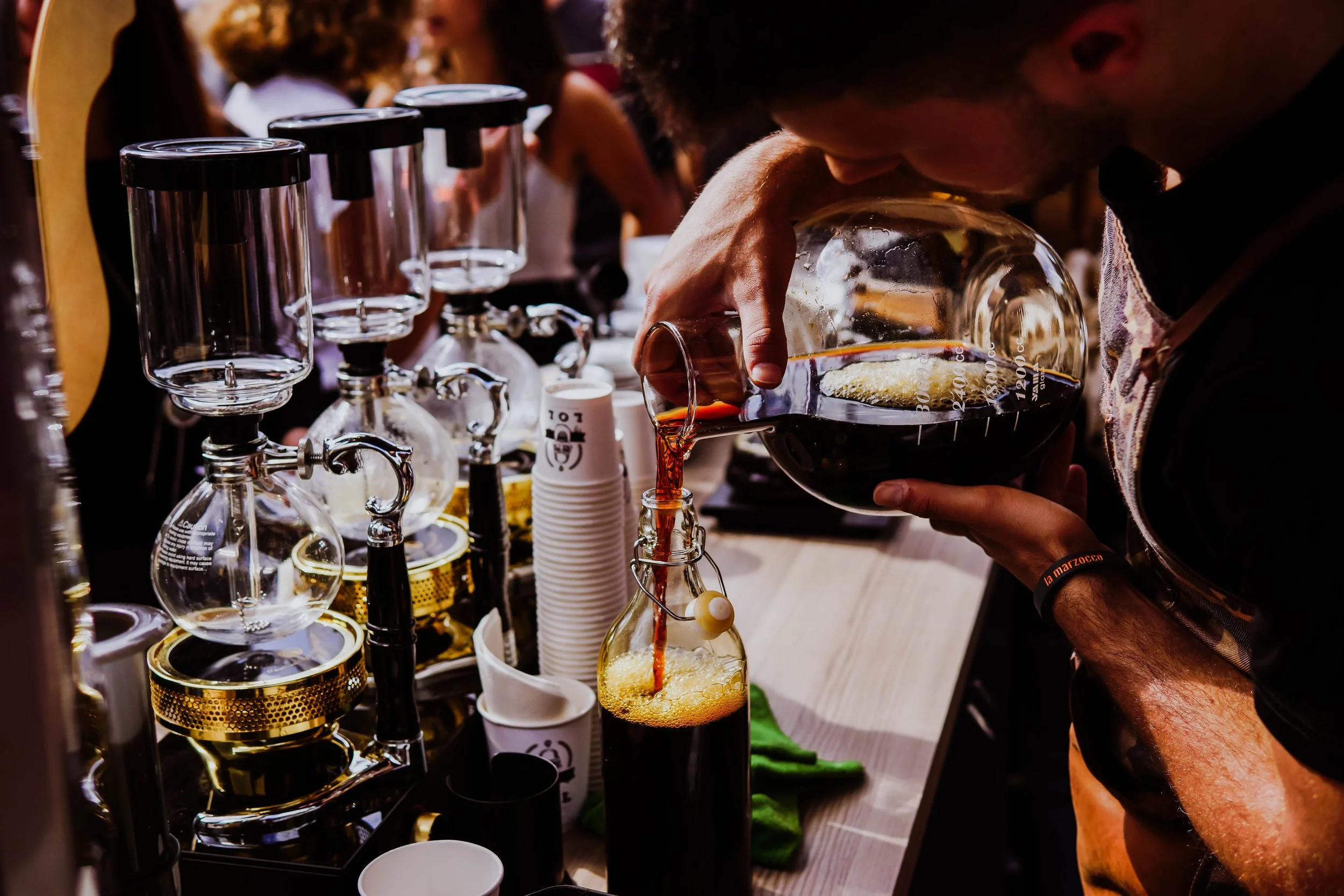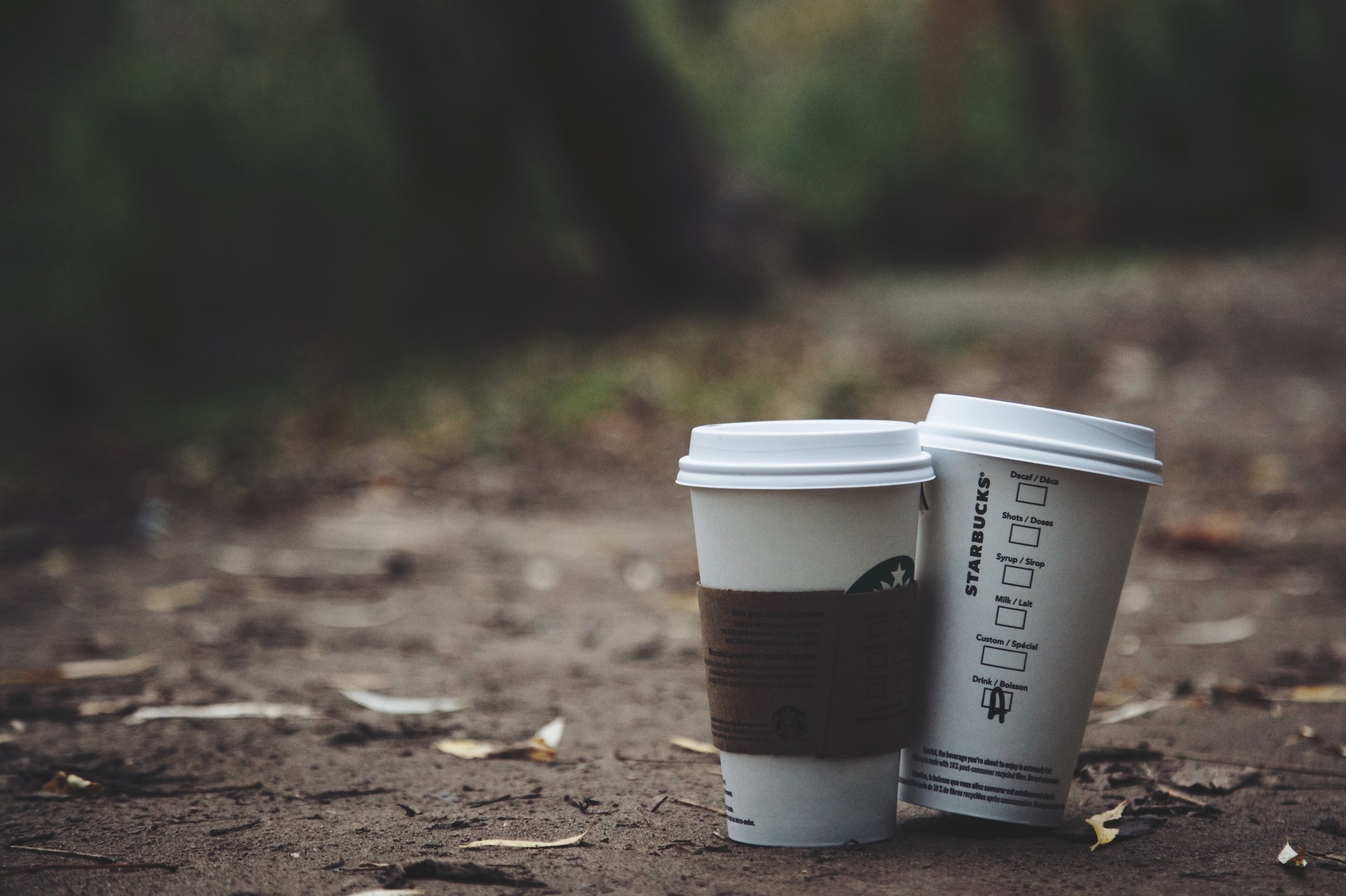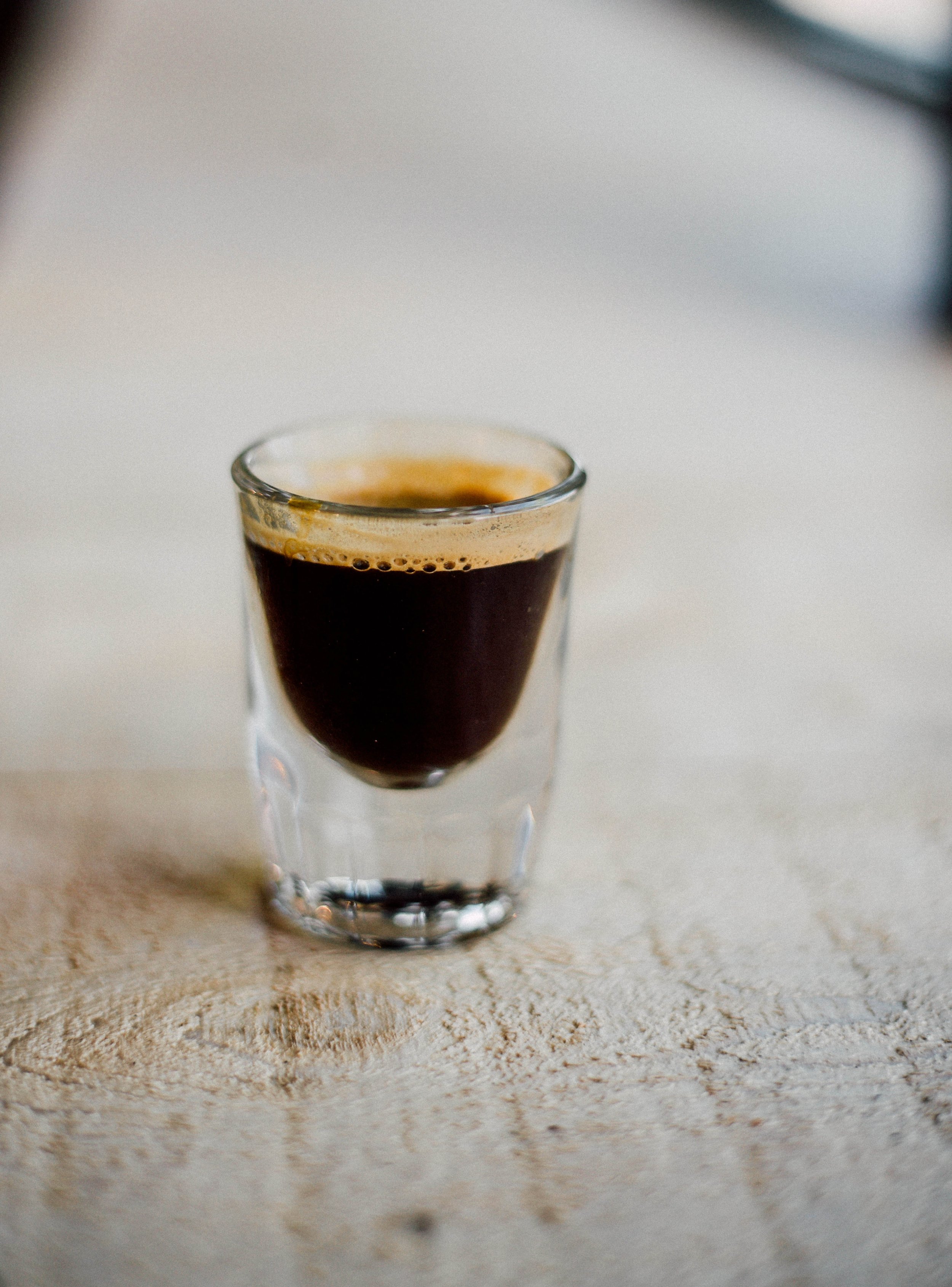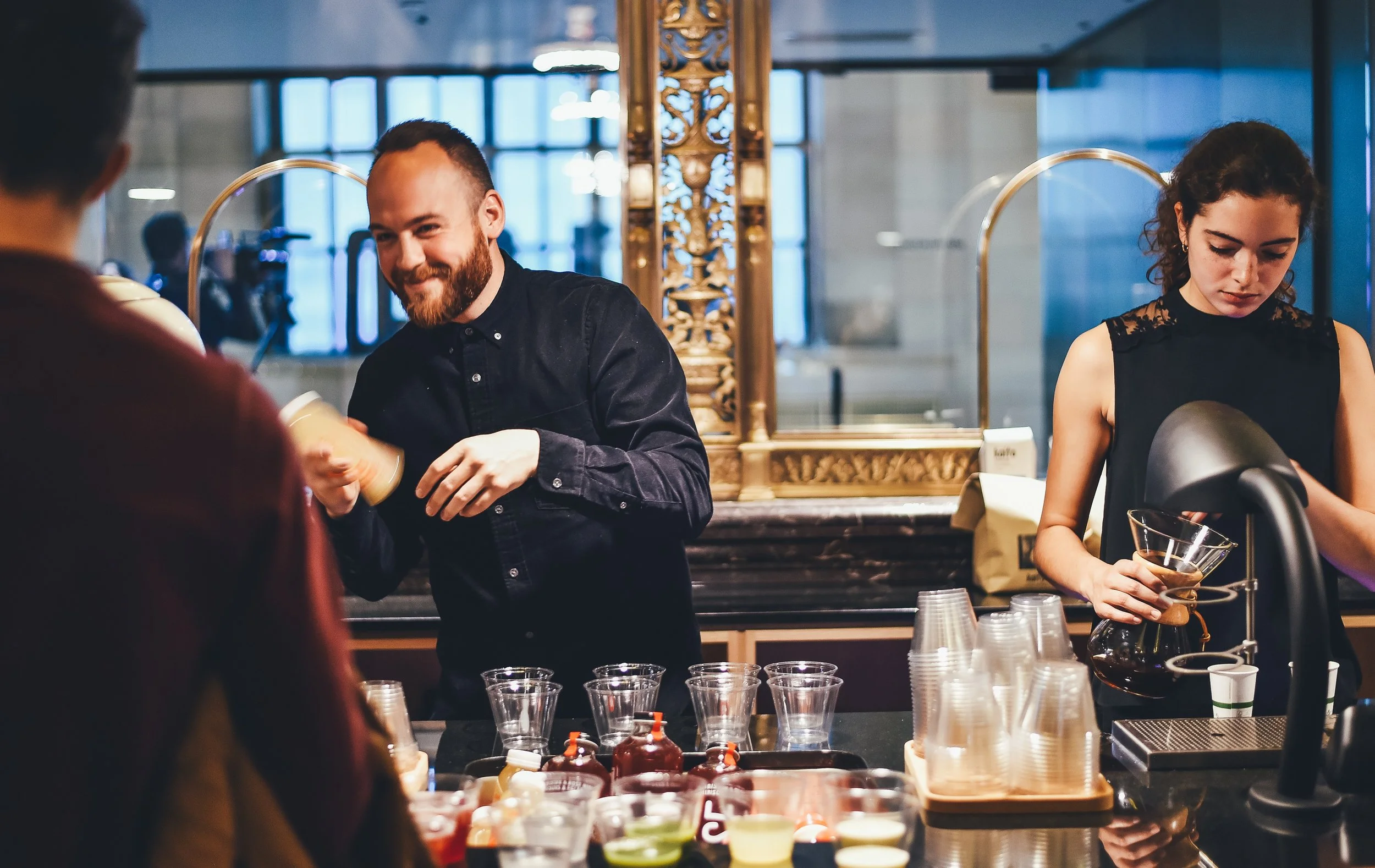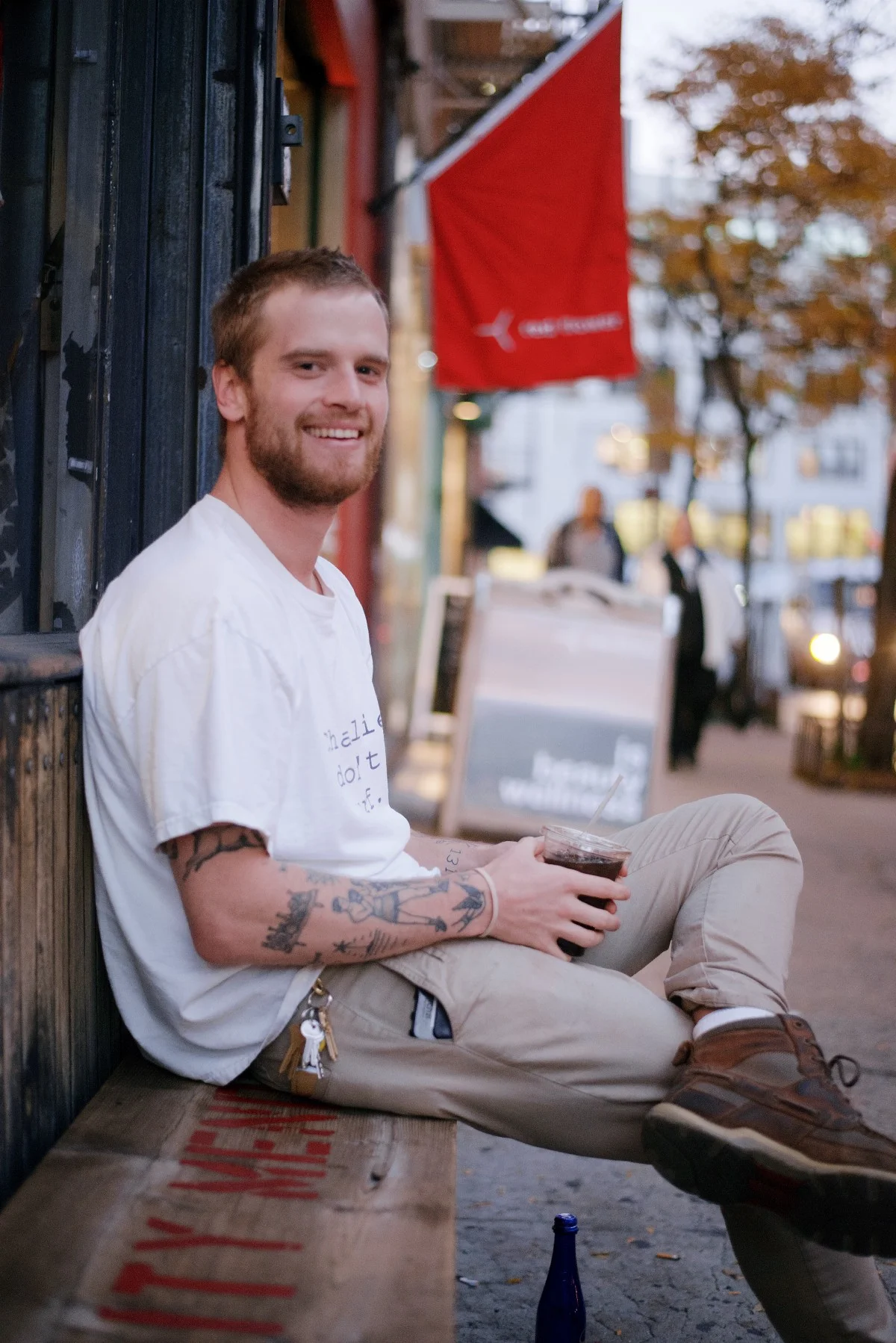From the Blog: Are Baristas Really Bartenders?
In one of our recent interviews for the Movers & Shakers Podcast, April Wachtel asked Tales of the Cocktail founder, Ann Tuennerman, how she thinks making cocktails relates to hospitality:
“I kind of look at it like coffee shops. We all have that coffee shop we go to every day. In a lot of people's case it's not that the coffee is that good or that different, it's just they acknowledge you. They know you. They ask how you're doing. They know your order. If you're not there for a week they say hey, 'You've been gone, you've been traveling,' and that's the hospitality piece that I feel like, is really crucial."
People want to feel welcomed, wherever it is. Good hospitality means more than a great cocktail served without that.”
Ann’s fantastic answer got me thinking about the nature of hospitality in the beverage industry, but it also left me wondering—Are baristas actually bartenders?
You Say "Barista" I Say "Tomato..."
The title barista can trace its origin back to long before legends like Professor Jerry Thomas changed the game for bartenders in and out of the U.S. In Italian, the word barista means, “a male or female "bartender" who typically works behind a counter, serving hot drinks (like espresso), cold alcoholic and non-alcoholic beverages, and snacks.”
It’s a simple definition, but it sounds like a darn good bartender to me. I lived for a while in Rome, and I can say that in Italy, the difference between the two positions is practically non-existent. And the connection between bartenders and baristas goes deeper than linguistics.
Troy Sidle, owner of Canvas Bar Design and a coffee and cocktail fusion aficionado, argues that bartending and baristas are “two different skill sets, but ultimately the same job.” Tales of the Cocktail writer, Chris Watkins, seconds that opinion:
“Baristas and bartenders are cut from the same cloth. Both understand what flavors complement and play well with each other, display artful technique in preparing said beverages and, most importantly, possess the mental resolve to serve a deluge of crazed patrons that need their fix in the morning and evening.”
And that’s the fundamental distinction as far as I’m concerned. Bartending isn’t about which drinks you make—it’s about the service you provide while you’re doing it.
Whether you sling buckets of Pabst cans at a dive bar, blended margaritas at a cantina, craft cocktails at the Savoy, mimosas at brunch, or flat whites at the local cafe—you are a bartender. Your mission is the same no matter what counter you’re standing behind—to create an excellent beverage experience for your patrons. Period. You don’t have throw a perfect cappuccino with foam art or make a spritz in Italy to be a barista. You just have to make a great drink, any time of day.
But What About Starbucks?
Like any job, there is variation in dedication, skill, and just basic work requirements. Some baristas are fanatical about the quality of their coffee. They attend professional seminars, work directly with roasteries, and hone their “foam art” to the point of obsession. Other baristas at your local cafe can throw together a nice latte, but other than, it’s just a job. They learn how to work the espresso machine and that’s about as far as it goes. The same can be said of bartenders.
At the end of the day, anyone can make a Sazerac. The recipe isn’t that hard, but it’s the attention to detail, the flair, the preparation, the quality tools and ingredients, and the overall craft and presentation that sets some bartenders—and baristas—apart from the herd. That’s the important difference.
As someone who’s worked for years as a bartender and barista, I can say confidently say that aside from the hours, the overlap between coffee shop barista and cocktail slinging mixologist is surprisingly similar. Aside from the hours, and a few particulars of each profession, a Venn diagram of the skill sets for these two jobs is a blurry circle.
All the best bartenders and baristas share these crucial similarities:
Commitment to Quality
A great drink starts with top quality ingredients. Great bartenders care about fresh squeezed juice, and carefully sourced liqueurs. Top-shelf baristas roast the beans in house and create flavors using not just sweet syrups and additives, but the rich flavors of the best beans themselves. As Sidle says, “Coffee isn't a flavor. Coffee has flavors.” The same goes for any great liquor.
Precision
Good bartenders use jiggers, precise pours, and prep their mixers and syrups with meticulous recipes. They don’t free pour or “wing it.” The same is true of professional baristas who test the pour of their shots, and know within an ounce how many coffee beans to grind for the perfect ristretto. If you want to find a real pro, look for the mad scientist behind the bar.
Crazy Hours
If there’s one thing that holds true for both bartenders and baristas, it’s that few people work such crazy hours. Closing bartenders go home after the sun comes up, and opening baristas start prepping for the morning rush in the dark. If you want to succeed in either industry, prepare to have your sleep cycle messed with. Hard.
Cleanliness
If you see a barista make your latte and NOT wipe the steam wand, get out of there. Same goes for a bartender that doesn’t rinse and sanitize their tools after each drink. Quality and cleanliness are close bedfellows in cocktails and coffee.
Preparation
Most people don’t realize how much prep goes into every drink, whether it’s coffee or a craft cocktail. Bartenders spend hours behind the scenes creating syrups, tinctures, and in-house macerations to deliver unique drinks that delight regulars and newbies alike. Baristas agonize over the grind and roast of every batch of beans to ensure that each is the perfect base ingredient for their signature creations. Hours of prep are the norm for any professional barista.
Hospitality
Like Ann said in the podcast, “People want to feel welcomed, wherever it is. Good hospitality means more than a great cocktail served without that.” Great bartenders and baristas deliver delicious drinks day in and day out, but the best in the business do it with warmth, sincerity, and a smile that keeps people coming back for more than their morning cup of Joe or their whiskey nightcap.
Baristas Are Bartenders
No matter what you call yourself, remember that you’re first priority is to the person in front of you, asking for a great drink.

